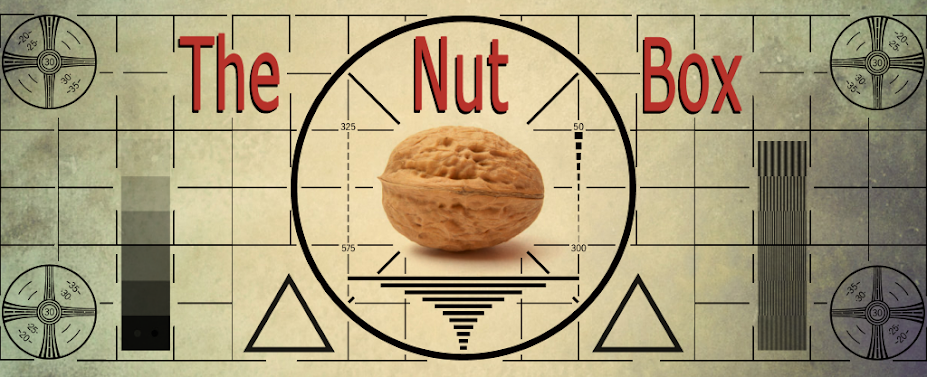aka Batman of the Future
The team that created Batman Beyond achieved the near-impossible: they made a show that's the equal of Batman: The Animated Series (1992-95) and they did it without having Bruce Wayne as the lead! Holy Personnel Changes, Batman.
It's set in 2039, forty years after TAS' successor, The New Batman Adventures (1997-97), and continues the continuity set up by both it and TAS. The era of the original crusader has passed. The world has moved on. Gotham has evolved into Neo-Gotham, a towering, high-tech megalopolis wherein the crime and corruption is as rife in the shiny office buildings as it is on the late night docks. Bruce (Kevin Conroy) is still around, possibly because, like one of his contemporaries said, he's too stubborn to die. He is, however, a retired, cranky and cynical recluse that rarely leaves the Manor.
Enter Terry McGinnis (Will Friedle), a seventeen-year-old high school student with a criminal record. Terry has the kind of family upbringing that was denied Bruce, but they have something in common nonetheless: they share a similarly strong moral belief and a desire to see justice carried out. When Terry takes up the mantle he becomes both the symbol that teaches and the student. Bruce, through a two way communication device in the new bat suit, gives advice and support, but it's Terry that takes the weight (and the punches and kicks, etc).
The show references the past in many ways. One of which is the biker gang that terrorises the city and its citizens. They're like a cross between the typical garden variety thug and the Clowns from Akira (1988). They're the painted-faced Jokerz, styled after the original Joker that caused Bruce grief decades before.*
It'll occasionally go further and build an entire episode around something from the past, but never as a means to milk old glories or hide failings. Instead, it's a knowing nod to TAS fans, because BB stands firm on its own two (rocket) feet.
Alongside the criminal of the week it introduces a new roster of regular villains and madmen, some more memorable than others. My personal favourites are the tricky Spellbinder (Jon Cypher), the mysterious Inque (Shannon Kenny), and the clumsy but dangerous anarchist Mad Stan (Henry Rollins).
52 episodes, approx 22 minutes each, split over 3 seasons.
5 critical lifesaving clues out of 5
*There's a feature length entry titled Return of the Joker (2000) that's a must-see for fans of both BB and TAS. If possible seek out the uncut version.


